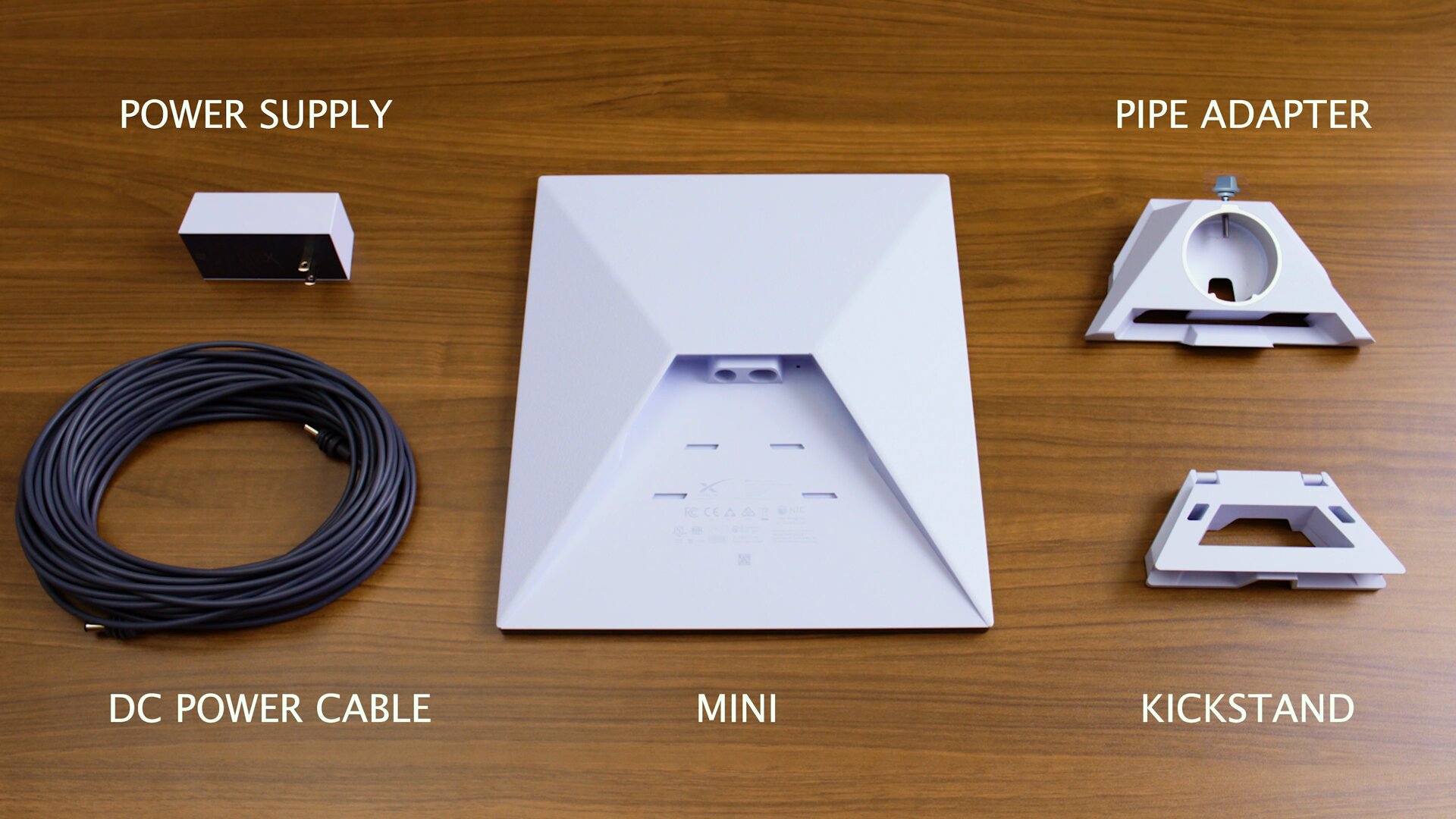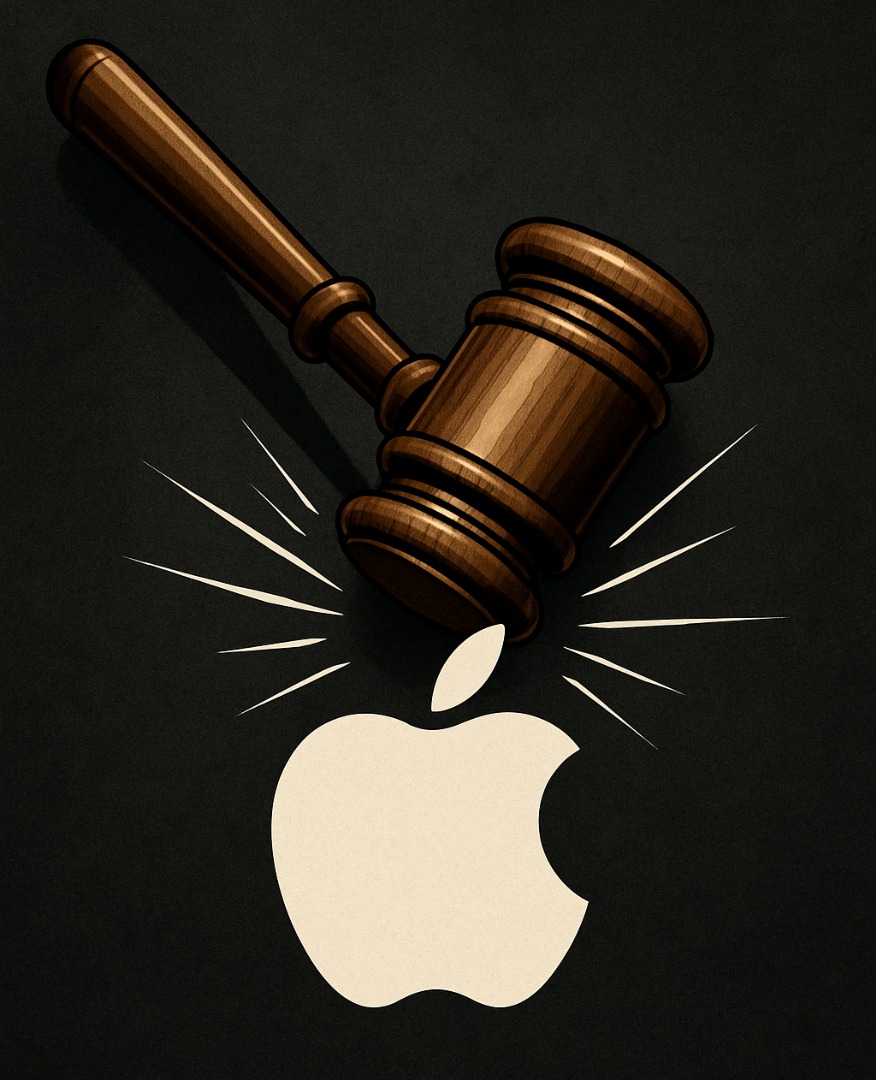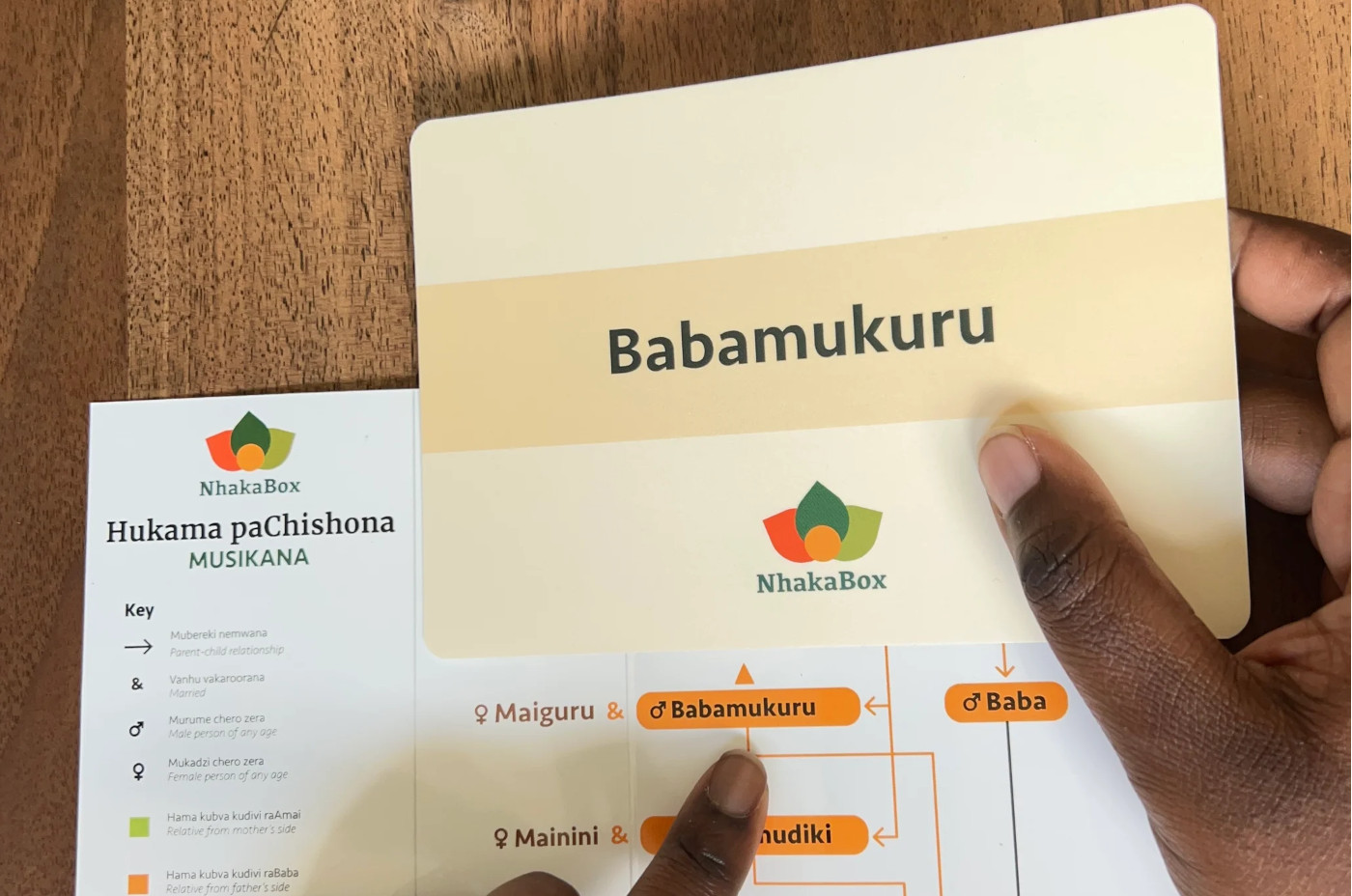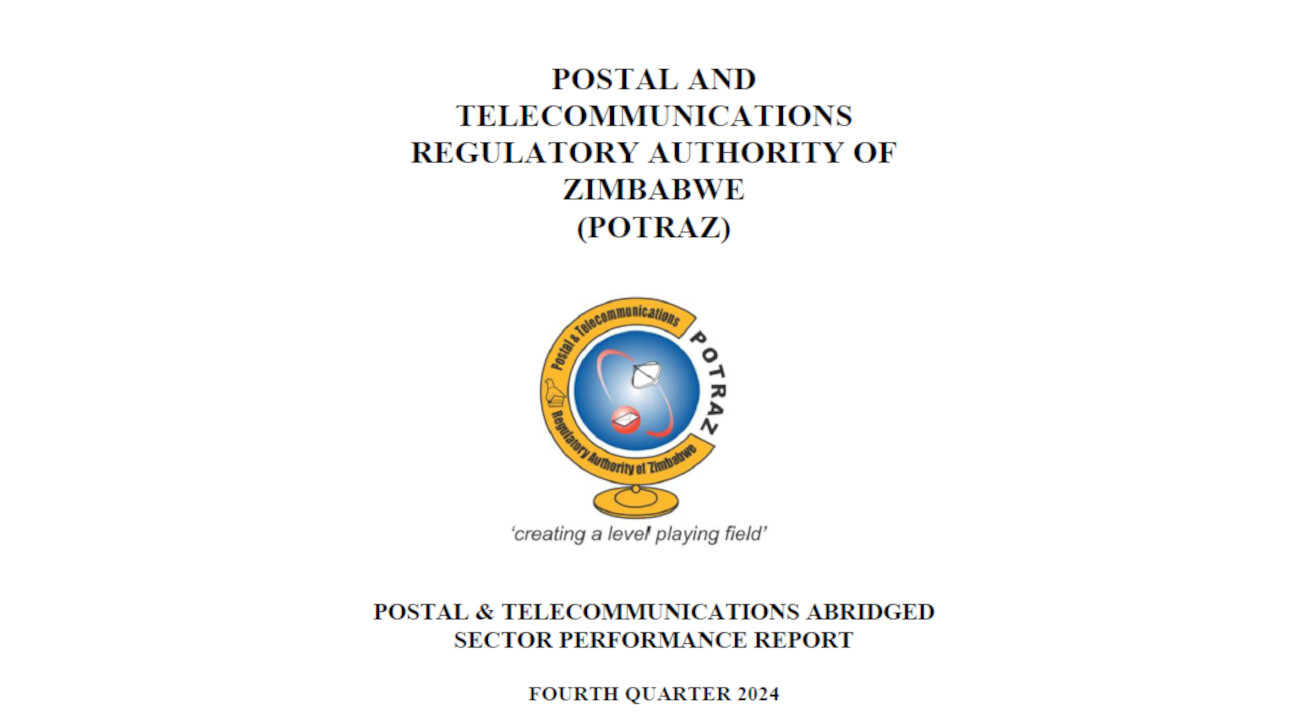The hype around blockchain has slowed down drastically over the past few months but this doesn’t mean progress has also slowed down. Huge organisations are adopting and testing out the technology and seeing where exactly it fits (if it fits) in their organisations. One of the biggest organisations who has adopted the technology is the United Nations.
I’m pretty sure you’ve heard of the UN’s World Food Program. What you may not have heard, however, is the fact that this program is now implementing blockchain technology…
Building blocks
Initially, the UN started out with what is known as the Building Blocks project. The project relies on Ethereum and there are over 100 000 refugees in Jordan who get money through this program. Every transaction is verified using iris scans which results in less interference. If you know a thing or two about aid, I’m sure you’ll also know that there are a lot of abuses when it comes to finances. Because there are many organisations acting as third parties between those giving out aid and the receivers, a lot of the resources never actually get to their intended destinations. With this more direct channel, the third party might become more redundant, which is a good thing…
As the name suggests, Building Blocks doesn’t end there. The WFP is now testing out the utility of the blockchain-based project and food delivery is the next thing on their agenda. From being available in the Middle East exclusively, the WFP will now be testing out the technology within Africa.
Robert Opp who is the Director of Change and Innovation in WFP said:
Can we increase efficiency by knowing in real time where the food is, be able to demonstrate the food’s origin in shipment points, to have this traceability record?
We want to know how easy it is for people to interact with a system like blockchain and understand, ‘this is my data, I can control access.’ We yet have to figure out how it will look.
There have been evangelists and denouncers of the blockchain technology but when you see organisations as big as the UN take it upon themselves to figure out how they can take advantage of the technology one can’t help but feel like this technology is not just a fad but it is in fact here to stay.




![[Event] Discover AR: Demystifying Augmented Reality for Everyday Innovation](https://t3n9sm.c2.acecdn.net/wp-content/uploads/2025/05/AR3.jpeg)







